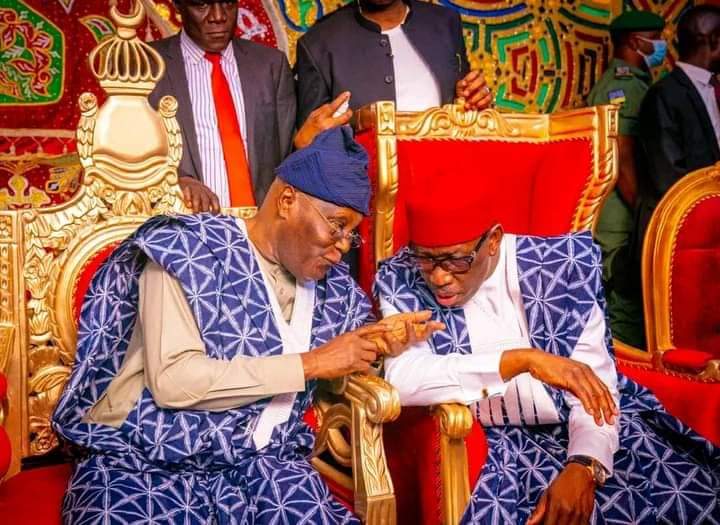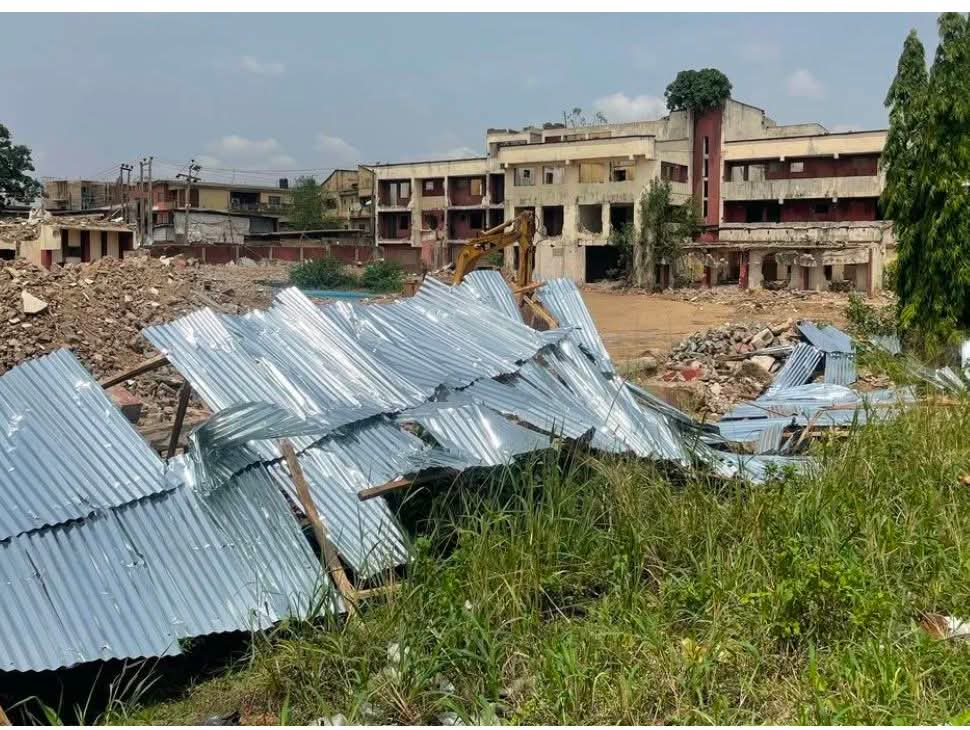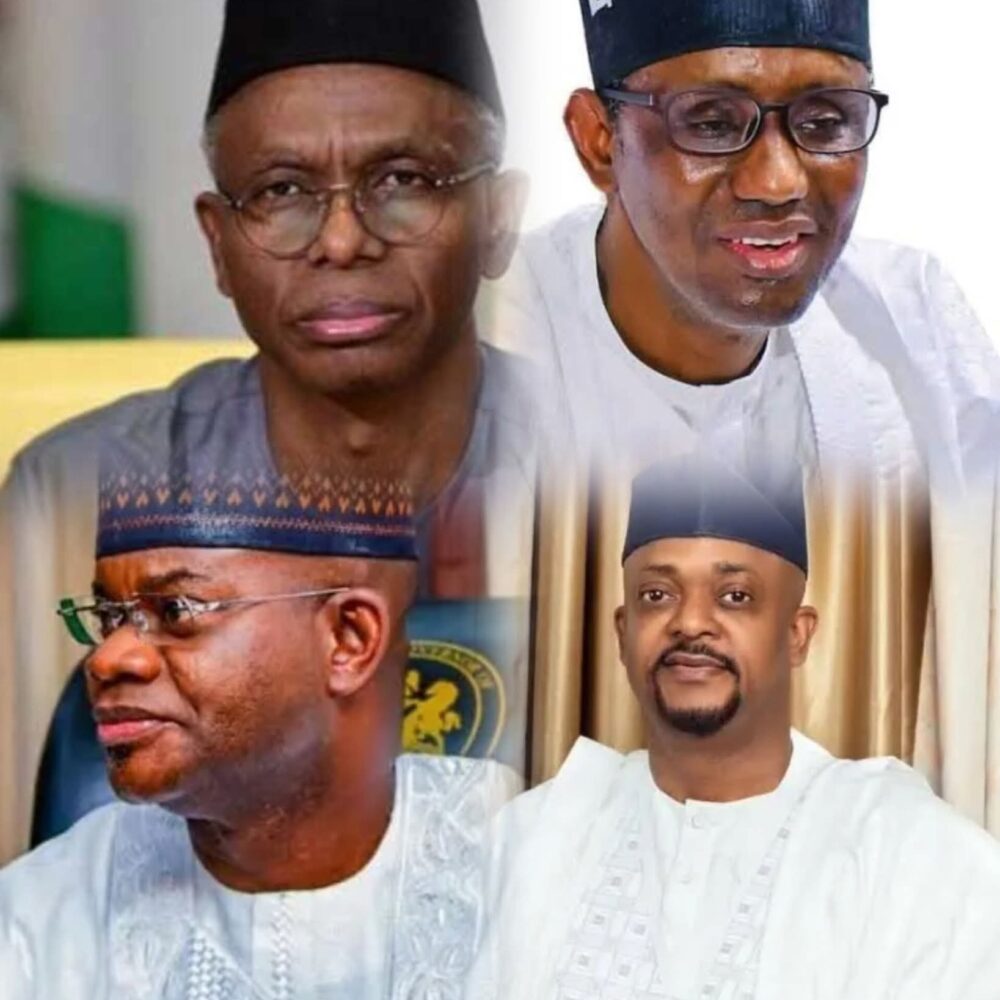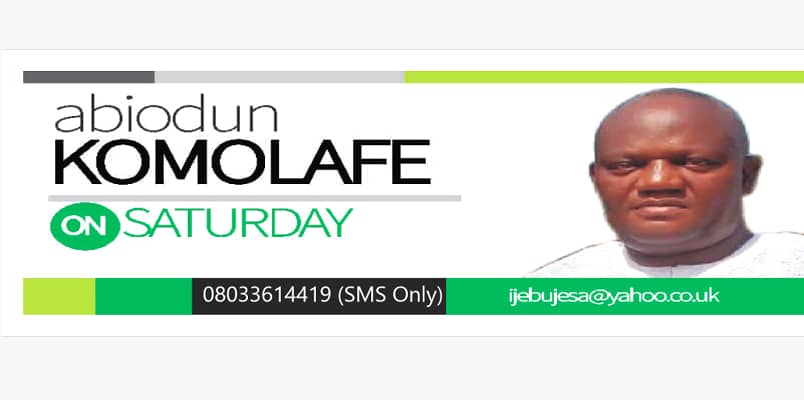As the 2023 presidential race gains final traction, it is now ripe to take a critical look and confirm one’s position on the ticket best placed to deliver out of the 18 political parties jostling for president of Nigeria. Out of this rather unwieldy number, only three or four have what it takes to brace the tape in this historical race which if the nation fails to get right, may lead to irreversible implosion with cataclysmic consequences.
Since the buildup started months ago, it was somewhat obvious tha the only political parties with the capacity to make an impact are the incumbent ruling All Progressives Congress (APC), and the main opposition Peoples Democratic Party (PDP). These are indeed the two political parties that parade political gladiators both appointed and elected and with tried and tested party structures and requisite resources. The presidential election in Nigeria is a multi-billion naira venture and therefore not for rookies.
Starting with Rabiu Musa Kwankwaso of the NNPP who is riding on his Kwankwasiyya Movement, it has to be granted that he has pulled some weight worthy of honourable mention. But it is also obvious that he needs a miracle to win. Kwankwaso has however succeeded in making himself the beautiful bride of the 2023 presidential race and can swing the election before and after by declaring support for any of the leading presidential candidates. He may also be a decider in the unlikely event that the race ends in a runoff.
Until the emergence of Peter Obi as the presidential candidate of the Labour Party, nobody thought a 3rd Force was still possible. Peter Obi proved the pundits wrong since his grand entry into the race and the phenomenal following he has garnered. Though he is yet to hit the levels of the APC and the PDP, which are so entrenched in the polity, Obi has enviably claimed a place among the frontrunners. Dislodging and toppling the behemoth ruling and main opposition political parties is quite a herculean task and the weight of that burden is quite huge. Labour is still very weak and has left almost the entire task to Peter Obi and his supporters to the point that the Party could not field candidates, fully or partially, in about 20 out of 36 states of the federation.
Determining Peter Obi’s chances is therefore rather difficult. His popularity, especially among the youths, is indicative of a dark horse (an unlikely winner that emerges nonetheless). But weighed against the domineering influence of party structure, which the Labour Party and its candidate have continued to dismiss as a non-issue, Obi’s chances appear quite uncertain. Confirmatory of this is that only a few days ago, the Labour Party’s frantic calls for Local Governments, Wards, and Polling Units Coordinators surfaced online.
Local Governments in Nigeria are only 774 and parties ready to contest creditably at the presidential level ought to have core and experienced party members as coordinators up to the polling units months before. The Wards are many more: 8,818. If Labour Party hasn’t fully taken care of LGs, it is obvious that the party does not have a significant number of Ward coordinators yet, to say nothing of coordinators for the over 176,000 polling units that must be manned by eagle-eyed party faithful on Election Day. Any political party that cannot mobilize 200,000 members as representatives on Election Day, to have at least one person in each of the 176,000 polling units, is not ready. Presidential race in Nigeria is fraught with so many manipulations, and outright rigging. More importantly, politics is neither a moral nor emotional game. It is a game of cold calculations and concentric circles of conspiracies.
Yes BVAS is expected to help in reducing rigging and manipulation of results. Unfortunately, BVAS cannot stop vote trade and vote suppression before and during the election. Analysis of how BVAS can still be used to rig elections will be taken up in a separate article.
The APC is fielding Bola Ahmed Tinubu and Kashim Shettima, both Muslims. It is a daring ticket that speaks to the political psychology of Nigerians and the dominant role still played by primordial sentiments in recruiting Nigerian leaders. Tinubu himself is a shadowy figure who is yet to come clean with Nigerians on several issues. This has cast so much doubt over his dependability as president. That Tinubu is integrity challenged has been a major subject for discussion and controversy also. He also appears too sick and too old (his actual age is also a subject of intense national conversation).
His words of late clinically verge into neologism and word salad, all combining to present Tinubu as a hard sell and presenting to Nigerians with a strong possibility that his own is going to be yet another outsourced presidency. One or two governors of the APC have equally voiced their concern, as well as many prominent Nigerians, who ask if Tinubu is not a monumental and disastrous mistake.
The Tinubu/Shettima ticket has also lost the Northern Christians believed to be well over 30% of the northern voting population, which is now split between Atiku and Peter Obi with former SGF Babachir Lawal and former Speaker House of Reps Yakubu Dogara leading each pack.
Tinubu’s life wires seem to be APC governors and his hope to harvest President Buhari’s followers. These life wires are weak. The president is determined to have a free and fair election and evidence of his reluctance to campaign for Tinubu emerged in Jos during the flag-off of the APC presidential campaign, where Buhari sat it out without uttering a word in support of Tinubu’s aspiration.
What is more, many APC governors are now doubtful. If the two grounds upon which Tinubu has erected his hope of victory cannot stand the test, it means Atiku is very likely to have unfettered dominance in the Northern votes.
Atiku has a lot more going for him that is predicting a clearer pathway to his victory. There are strong indications that Wike and the rest of G5 will mellow down and return fully to the fold in good time, and the Kwankwaso factor may also be resolved by northern political power brokers in favour of the Atiku/Okowa ticket.
Apart from holding a clearer pathway to victory seeable in the upended trajectory, Atiku’s manifesto is also the best amongst the three for prescribing restructuring and a private sector-driven economy for Nigeria among other things. Yes, the main issue before Nigeria today is restructuring the polity, which simply means returning the powers enjoined by the regions in the First Republic to states.
Many have argued that Atiku is harping on restructuring as a vote-winning gambit. But Atiku has always talked about restructuring before now, unlike Obi and Tinubu who have never made a case for restructuring and could only mention it in their manifestos in passing and as a secondary concern. Again, restructuring has become inevitable to avert Nigeria’s implosion and possible disintegration. Atiku knows it and thus made restructuring one of the 5 cardinal issues in his manifesto and campaign. No other candidate did.
Surprisingly, the clamor for restructuring has died down in the country. It is expected that Southern Nigeria and the Middle Belt that have relentlessly fought for restructuring should have seized this historic moment to negotiate with the leading candidates and commit them to restructuring. It appears that restructuring is important to sections of Nigeria only when other sections are in power at the centre.
Atiku provided his reasons for believing in restructuring in his manifesto: “Nigeria has continued to operate a faulty, complex federal structure with a high degree of centralization at the centre… We must adopt a new economic management model that will cure all the federating units of this addiction to oil revenues… establish a new political structure that reinforces the concept of ‘true federalism’ by conceding unfettered autonomy to the subordinating units. ”
The Atiku/Okowa ticket is therefore the real deal for making restructuring the main issue of this campaign and for the ticket’s clarity of vision and the most possible pathway to victory.
• Dr Law Mefor, a Forensic/Social Psychologist, is a Fellow of The Abuja School of Social and Political Thought and can be reached via Tel.+234- 913-033-5723; Twitter: @DrLawMefor; email: drlawmefor@gmail.com.





